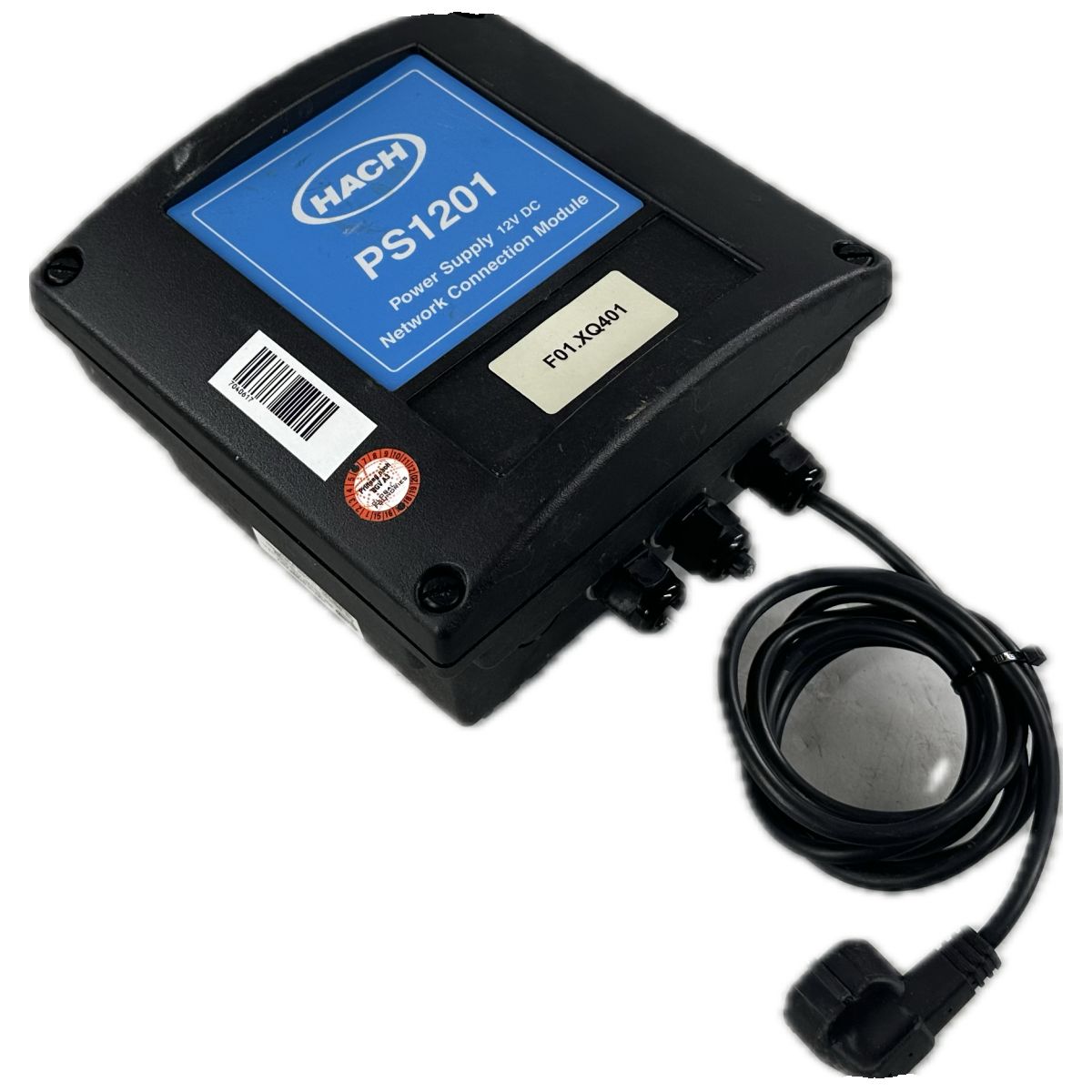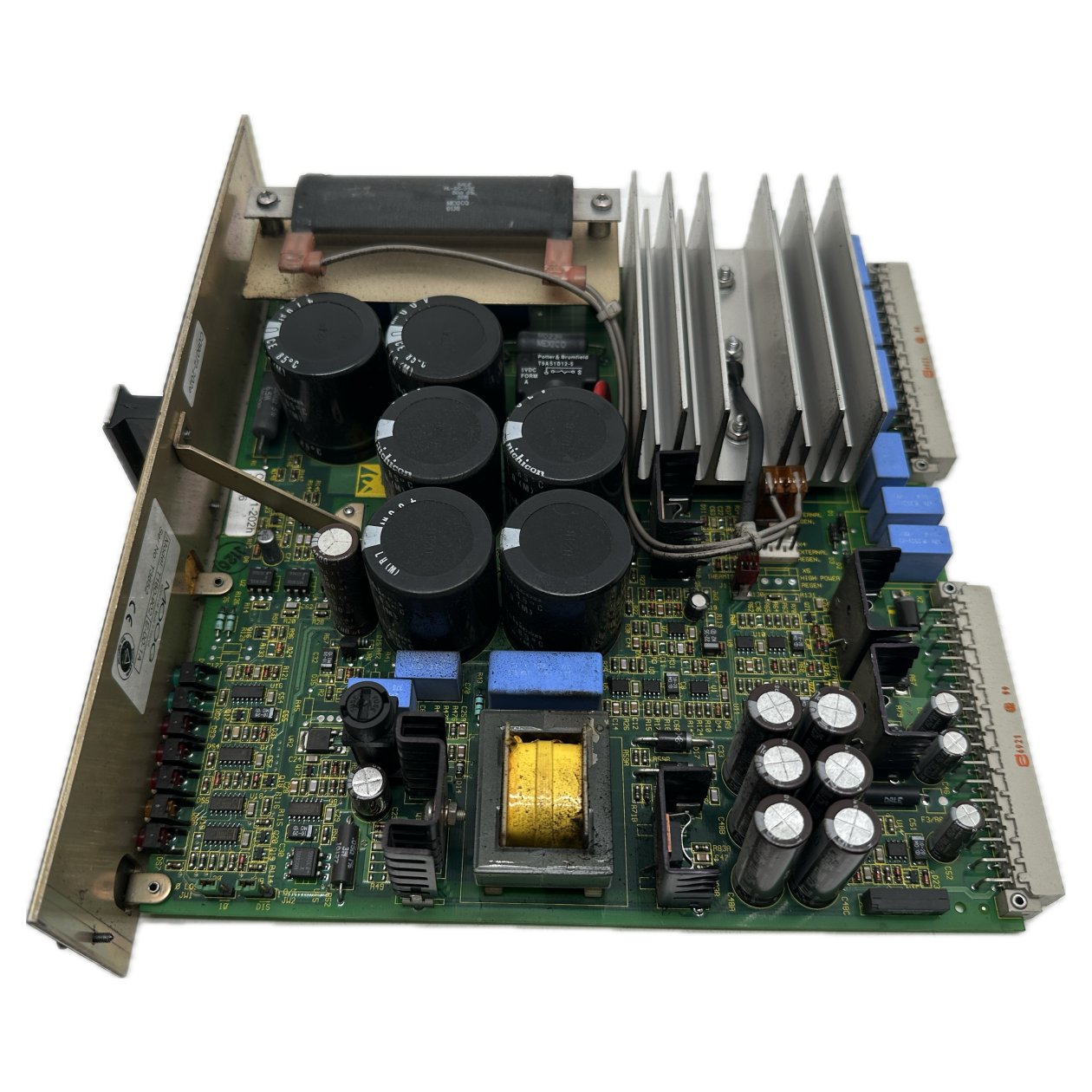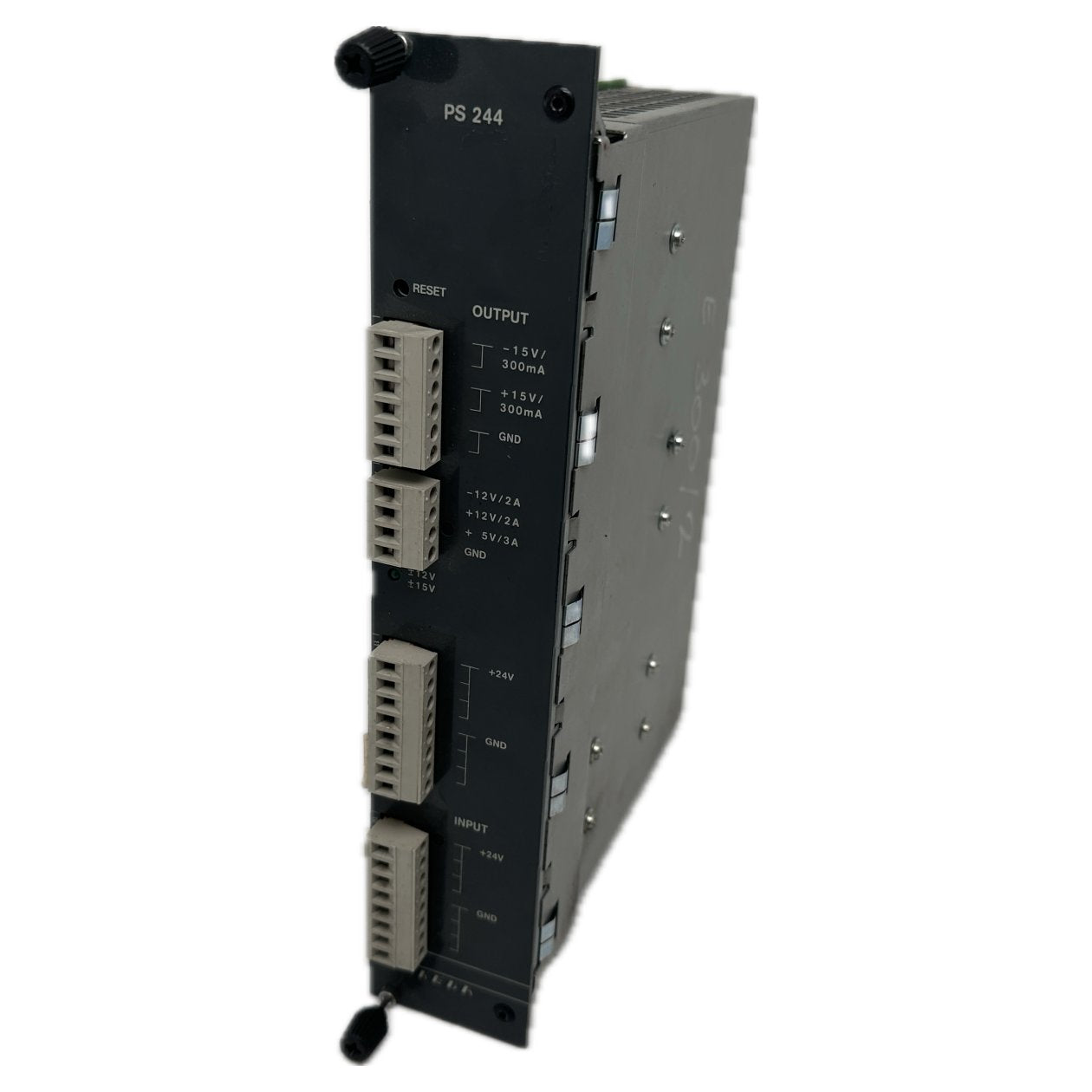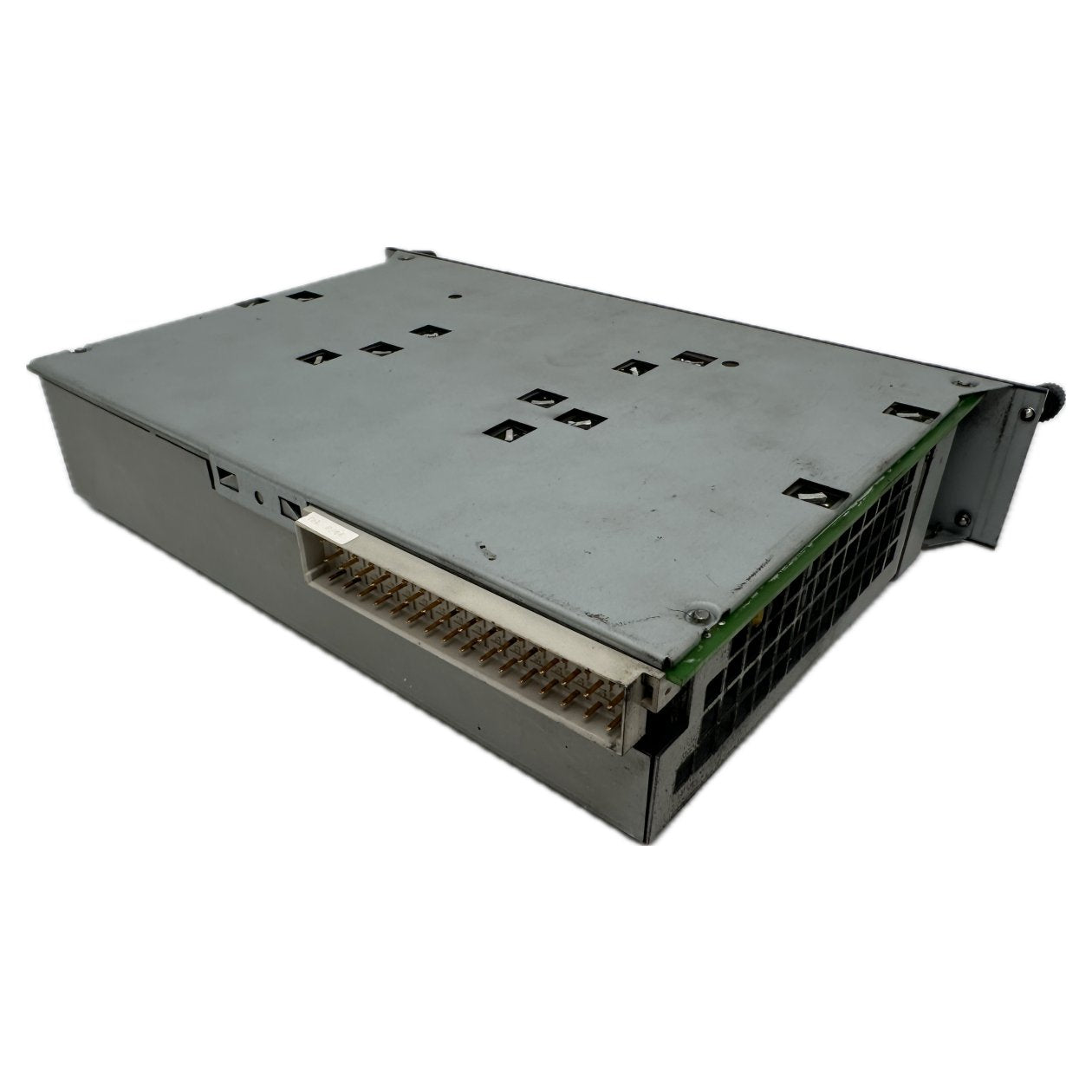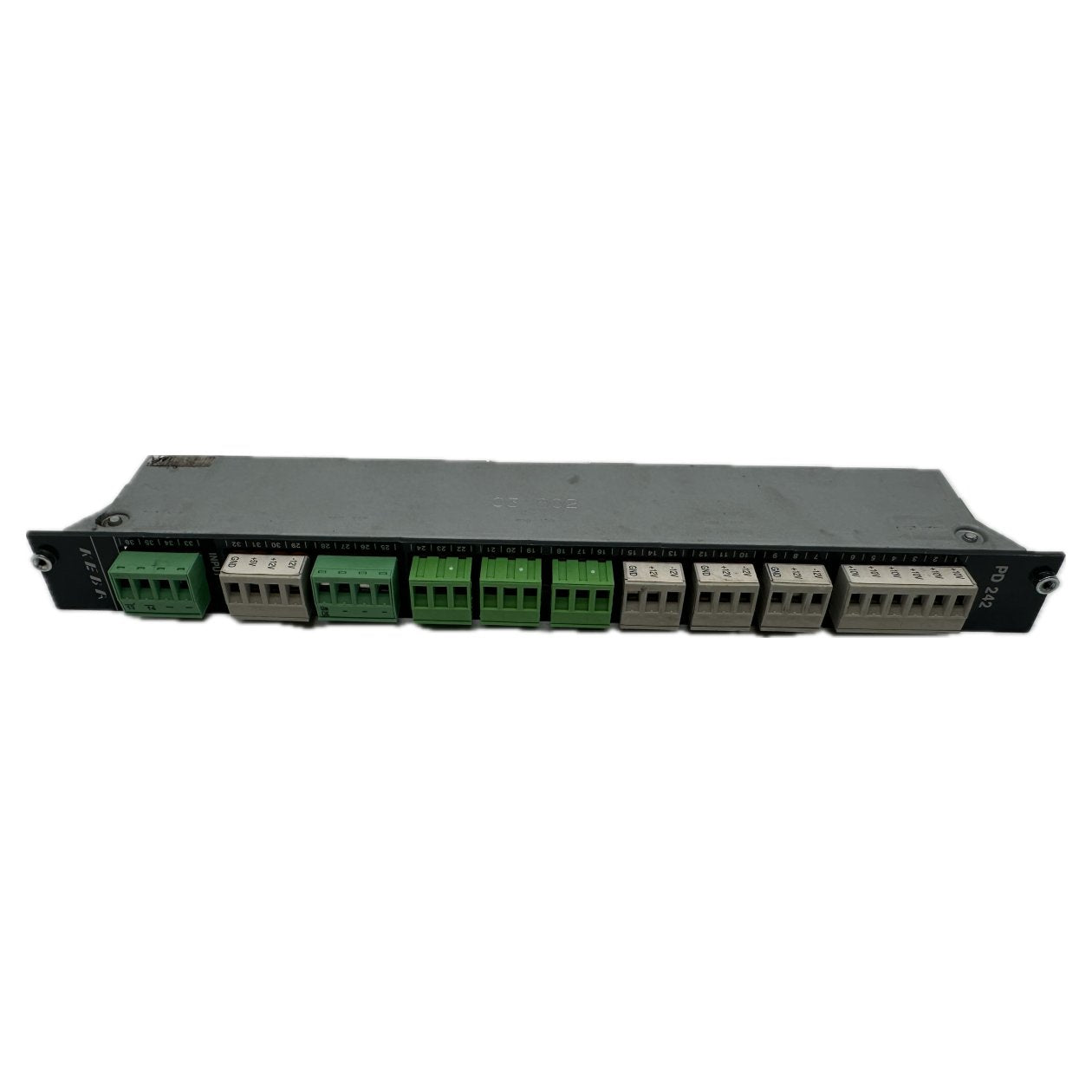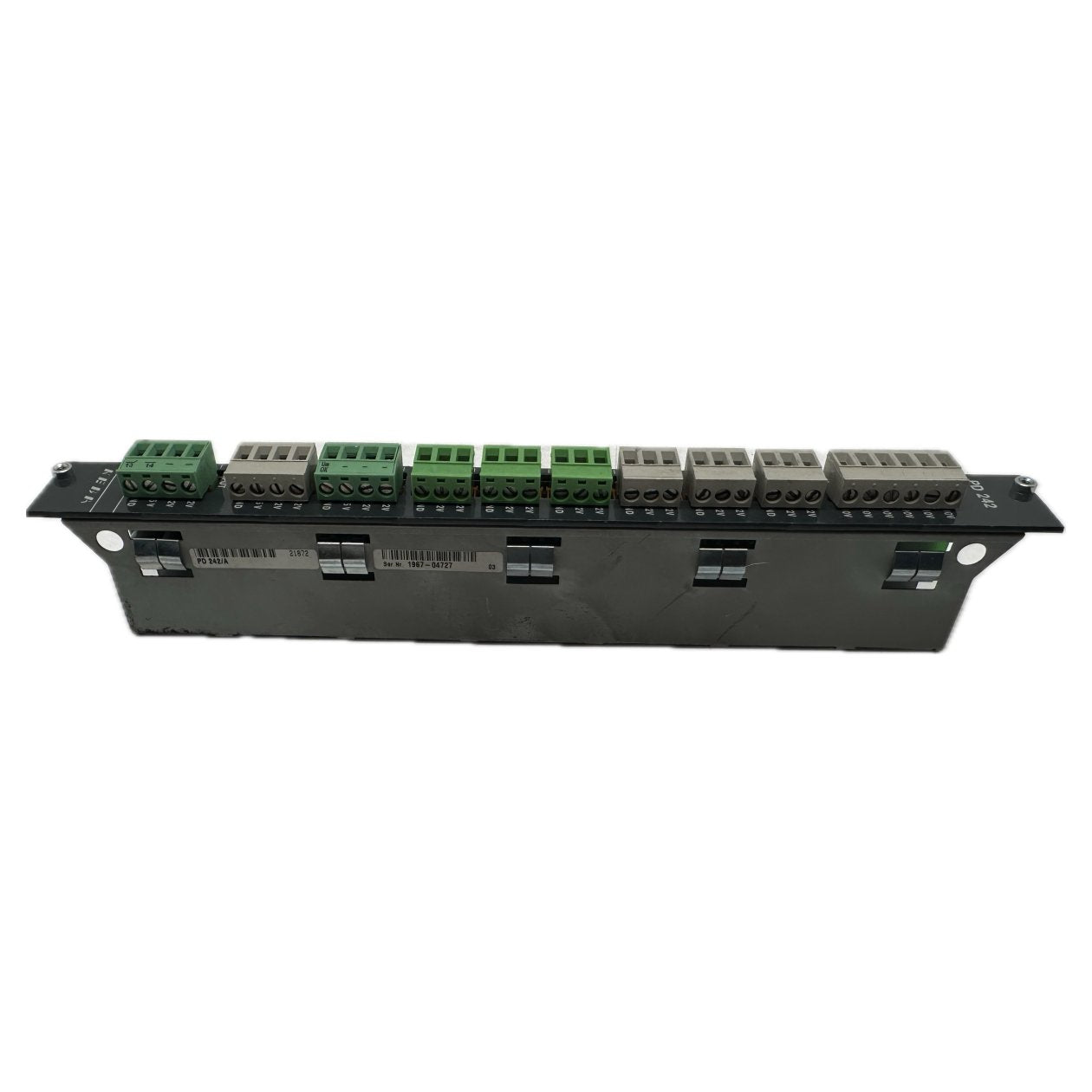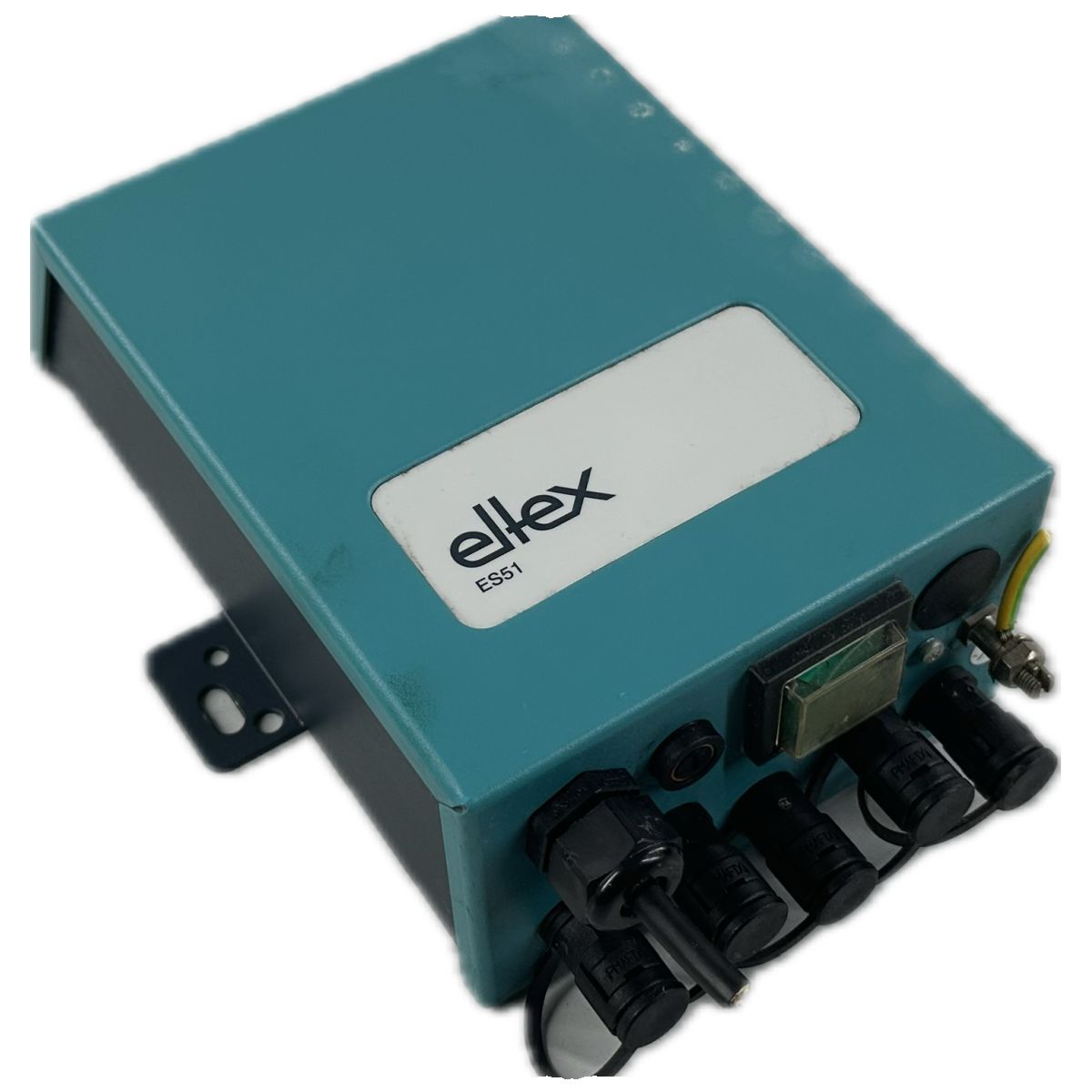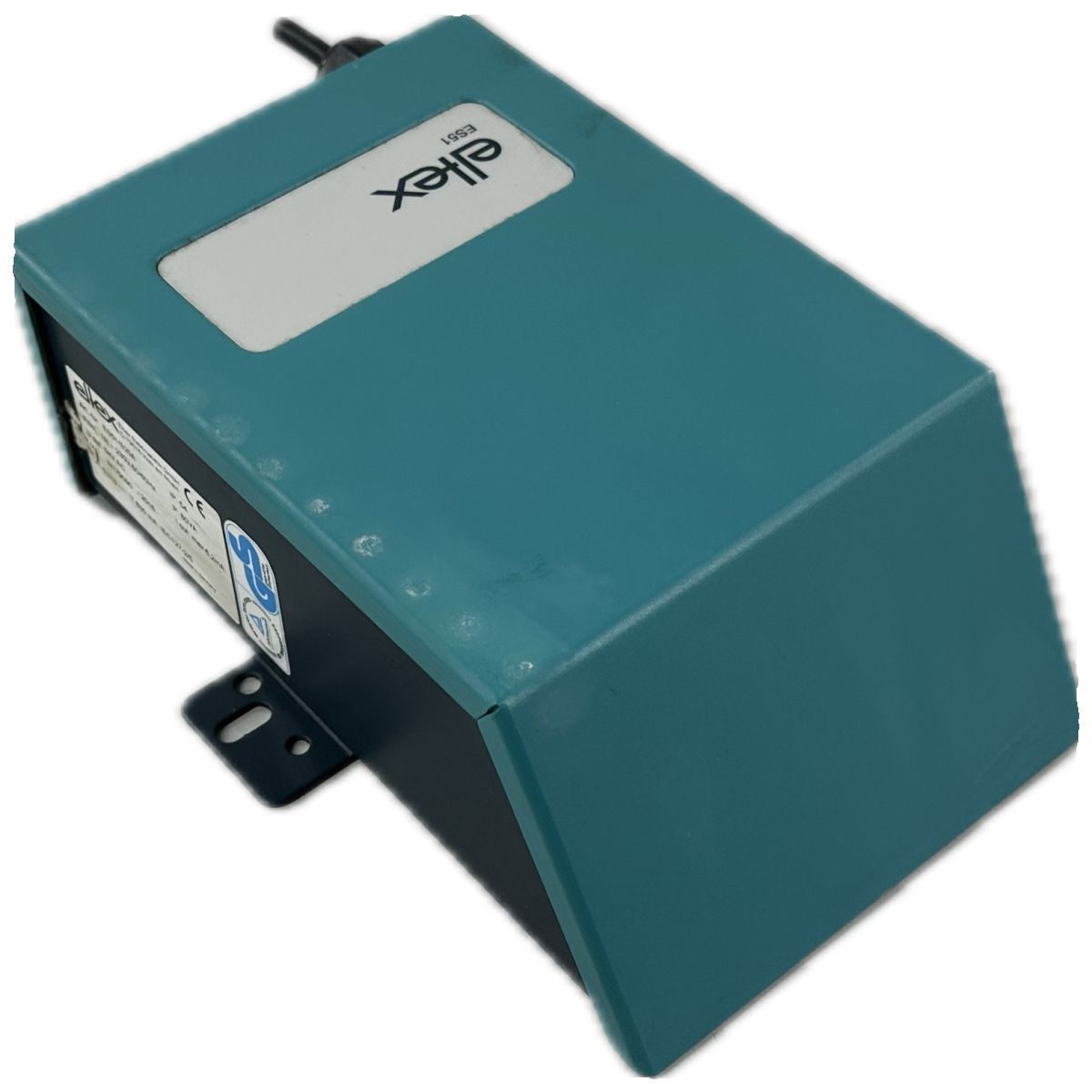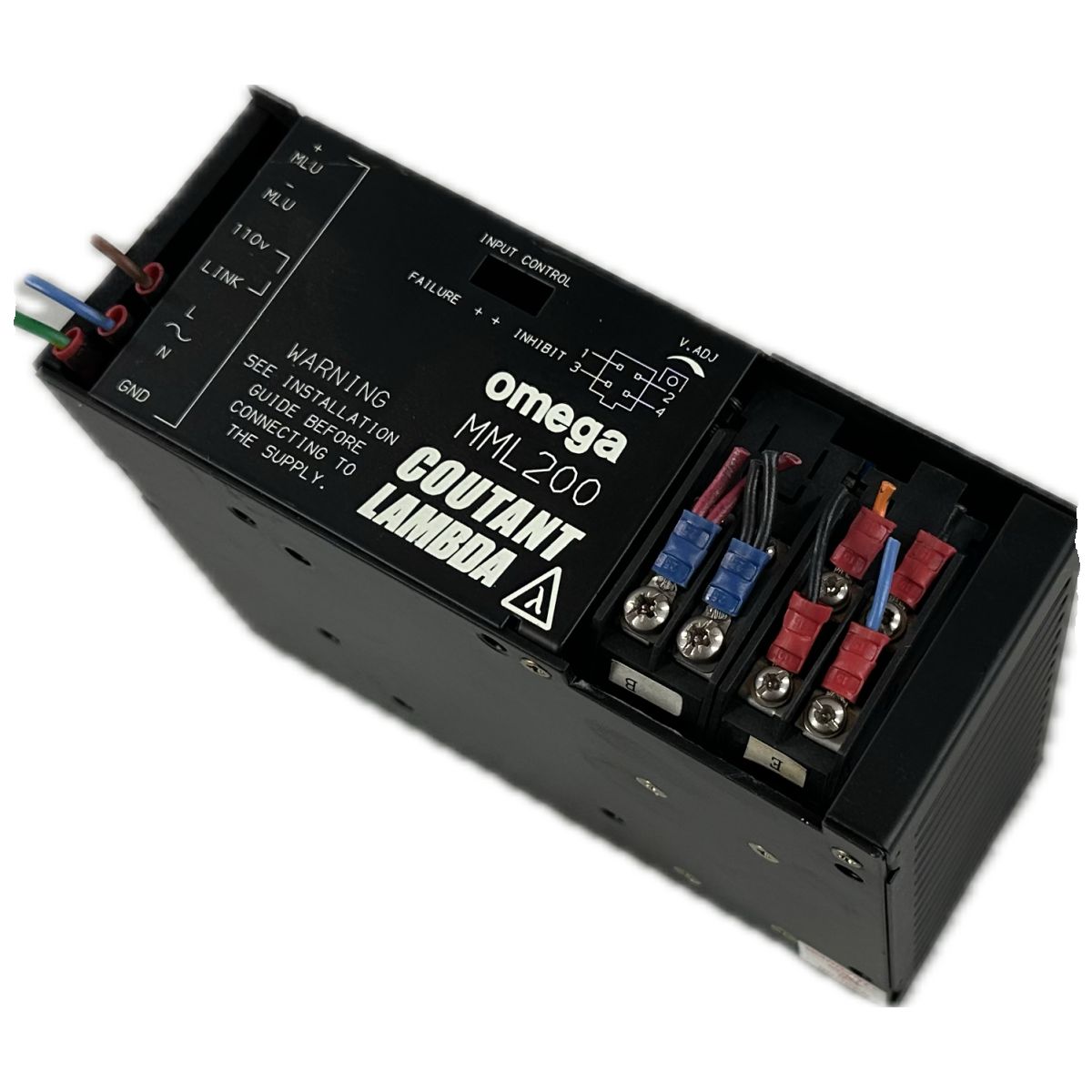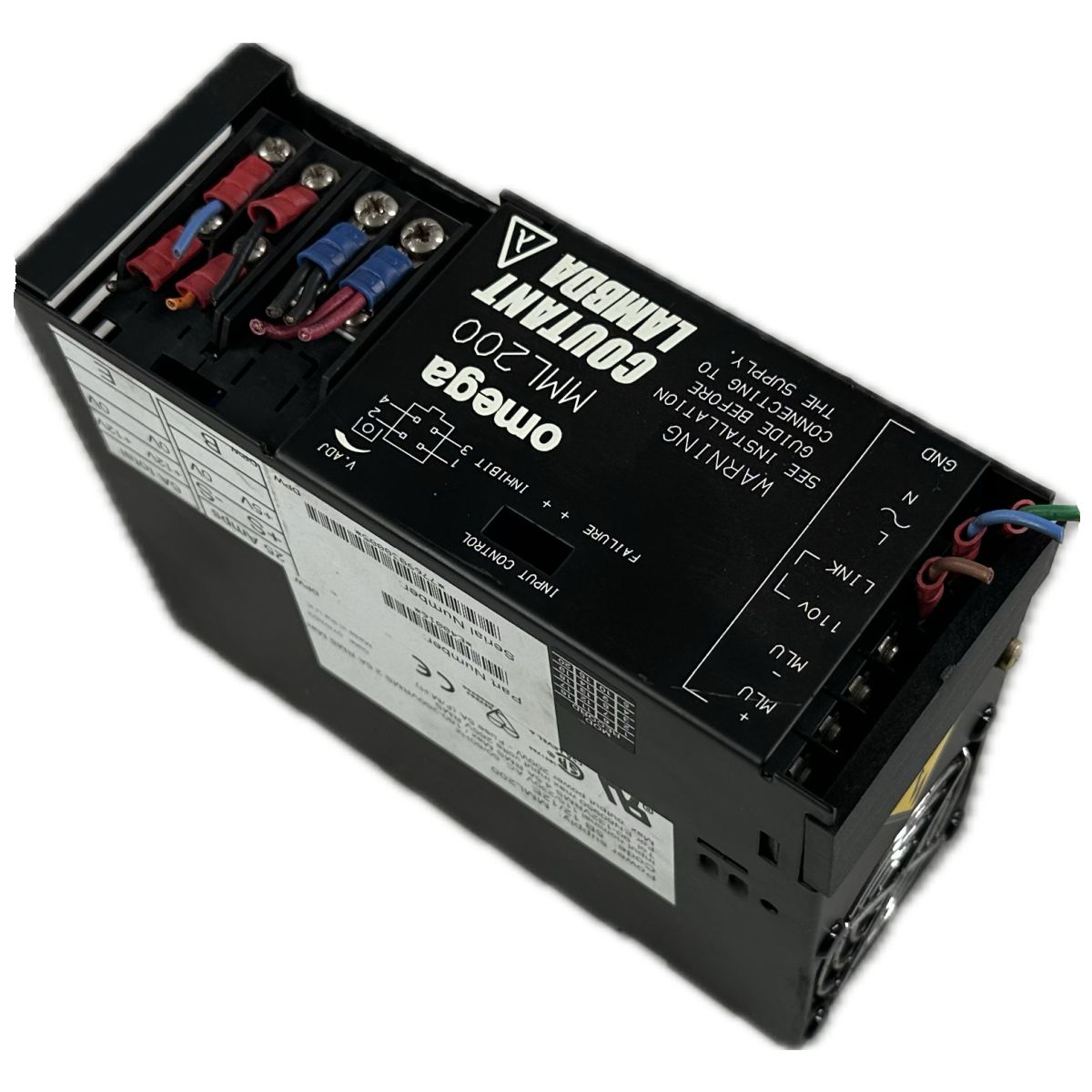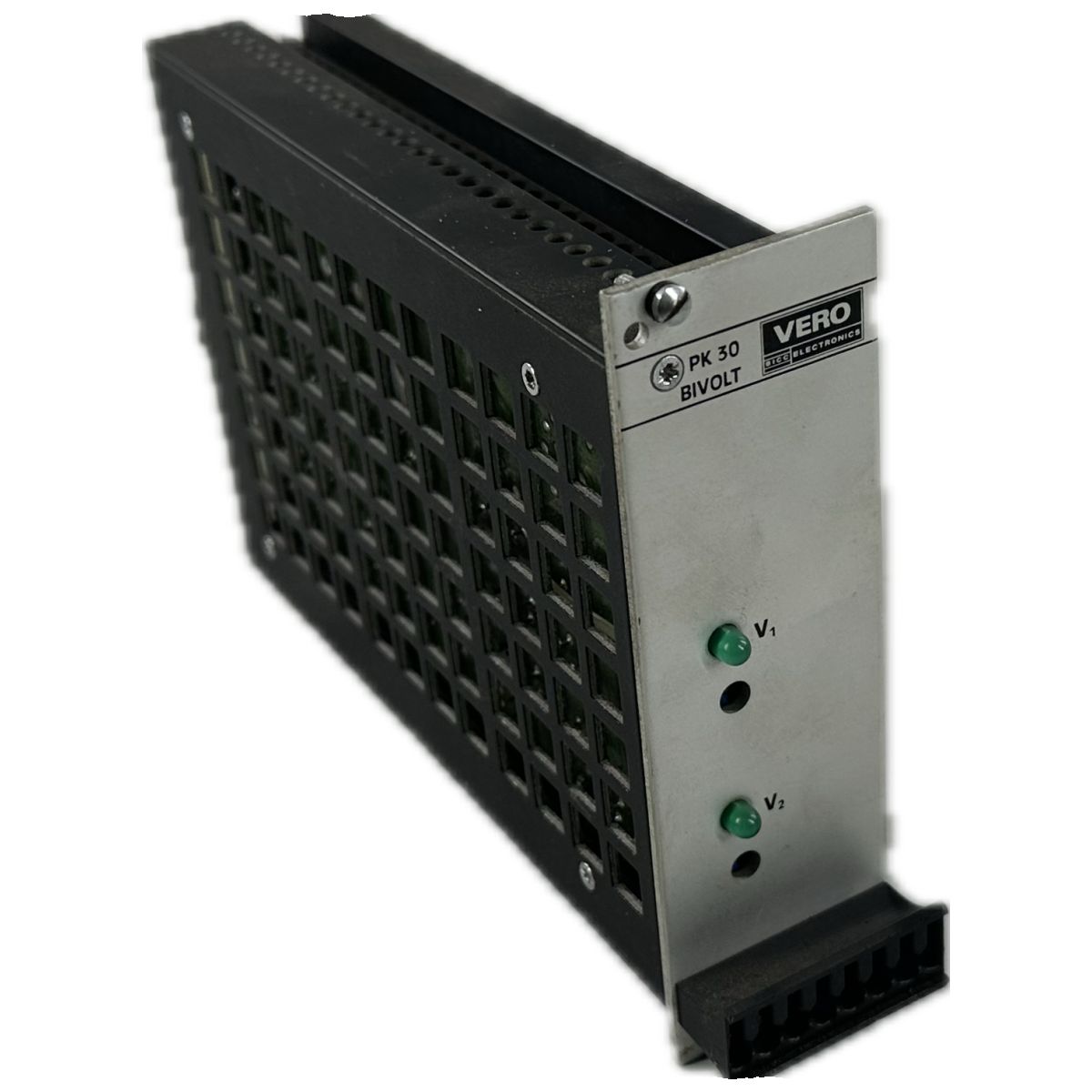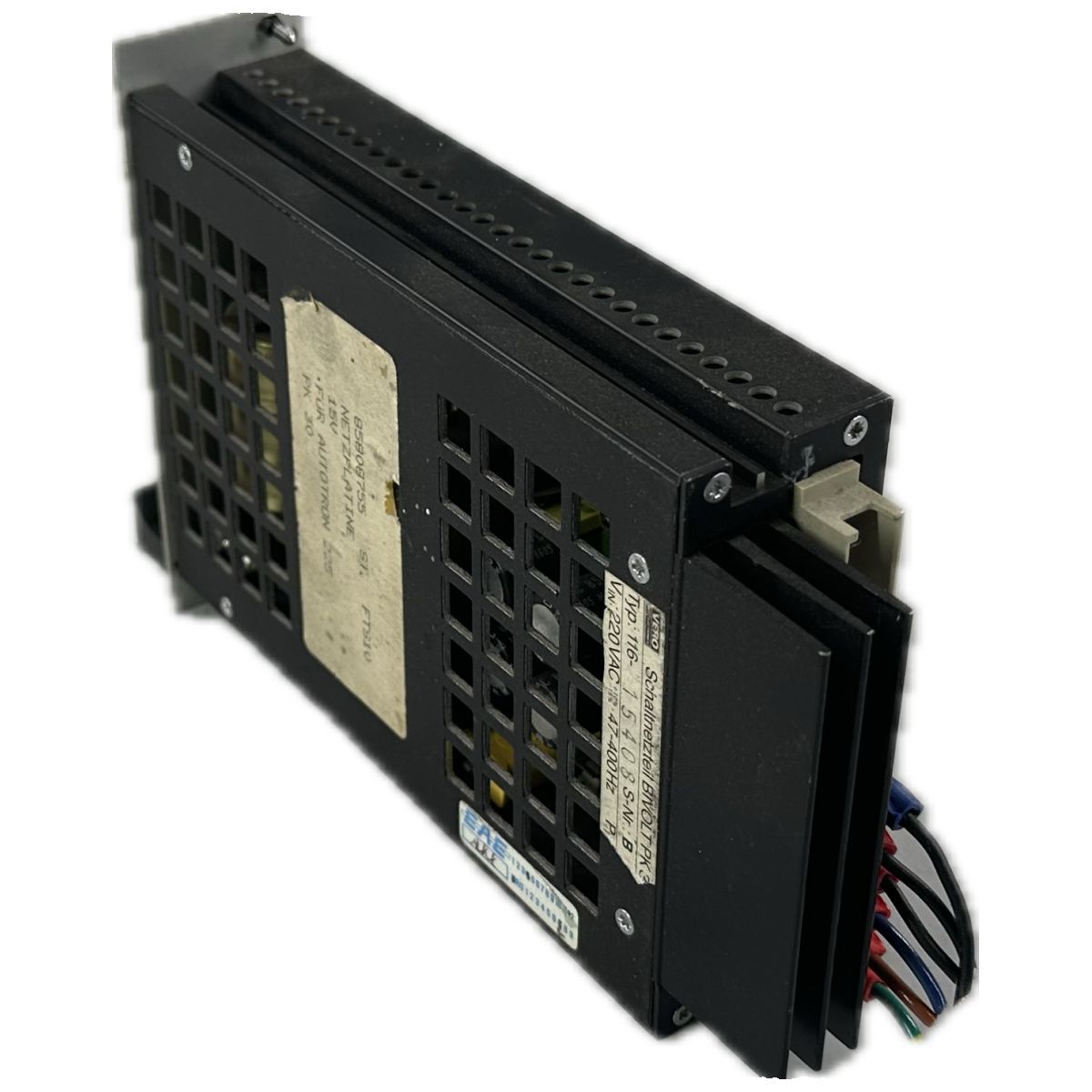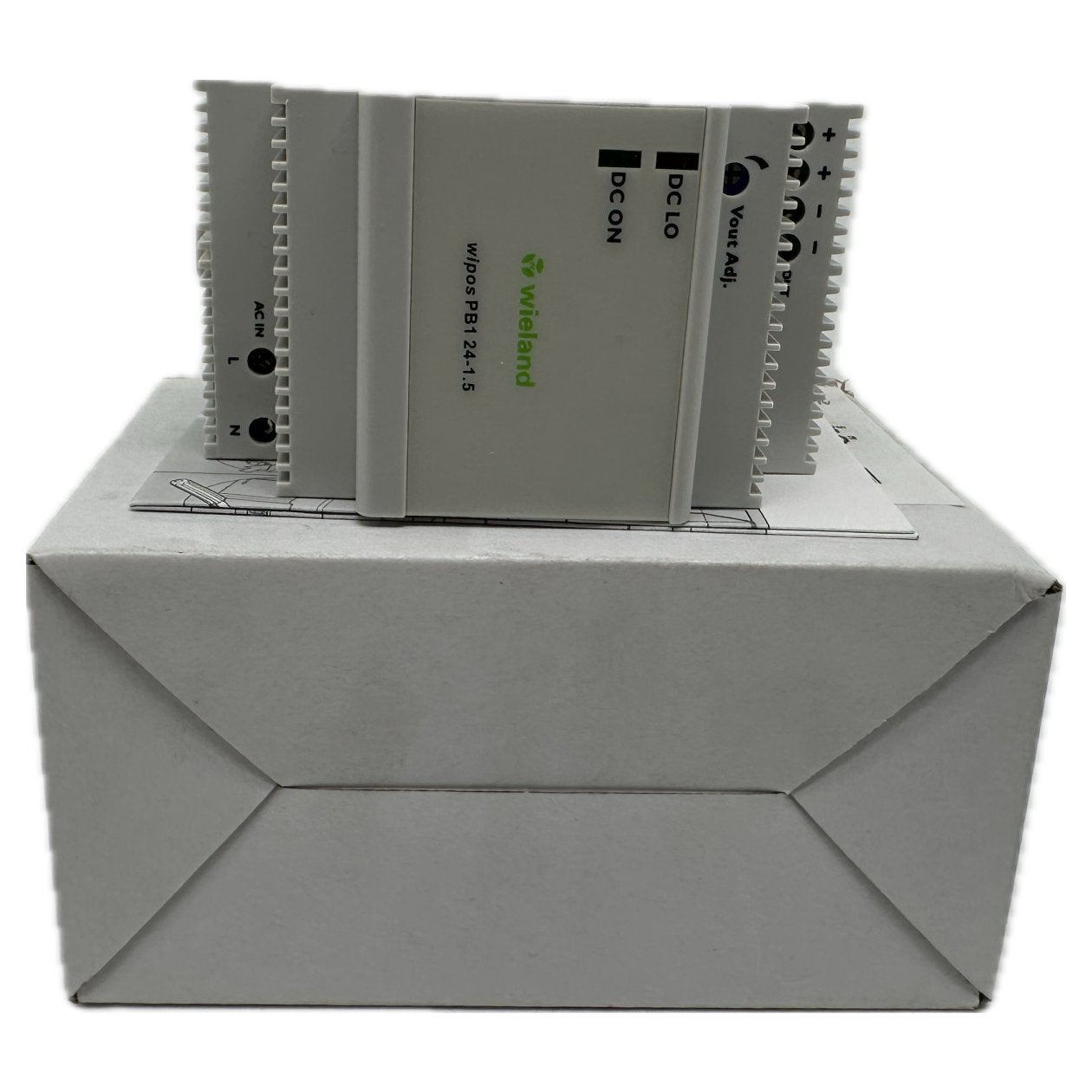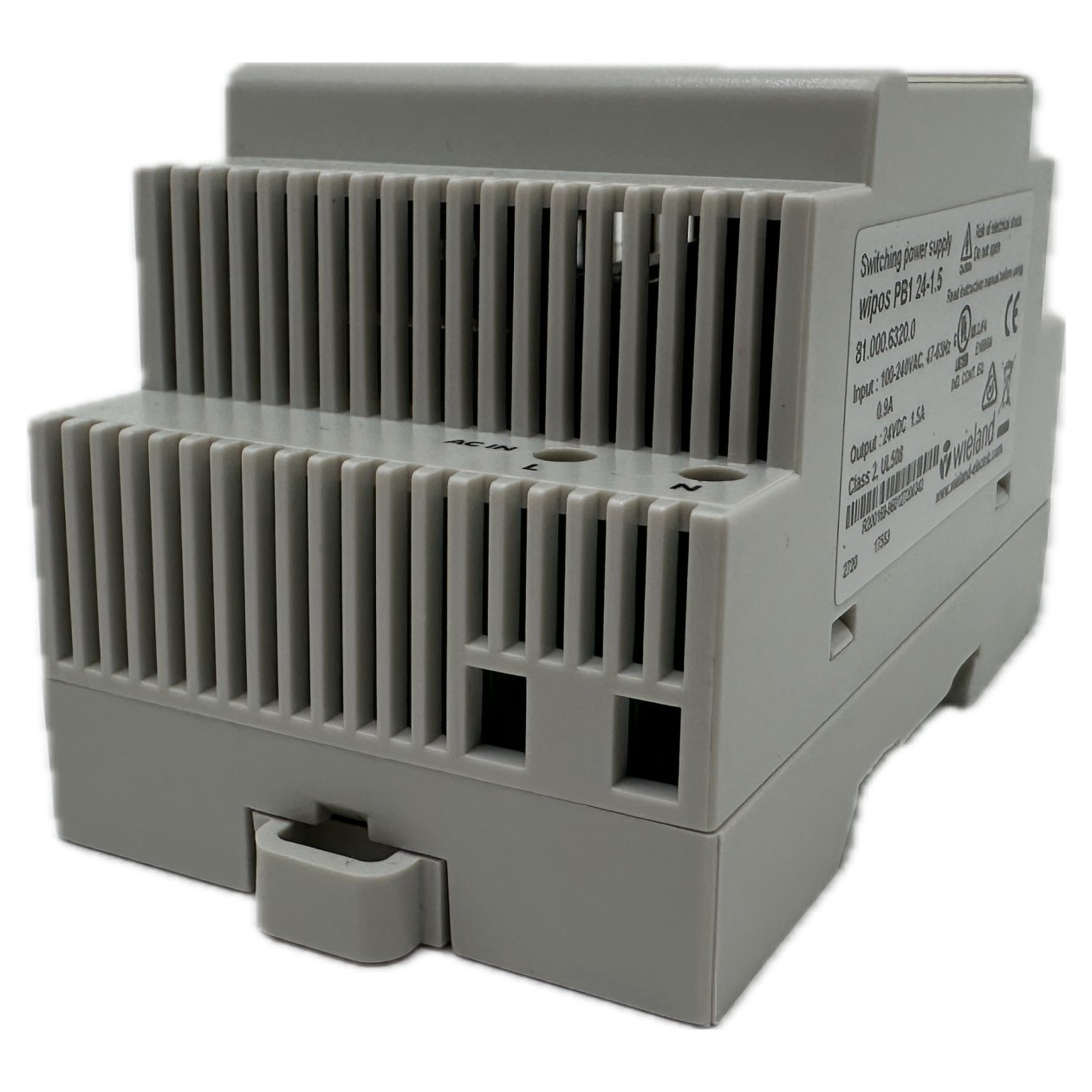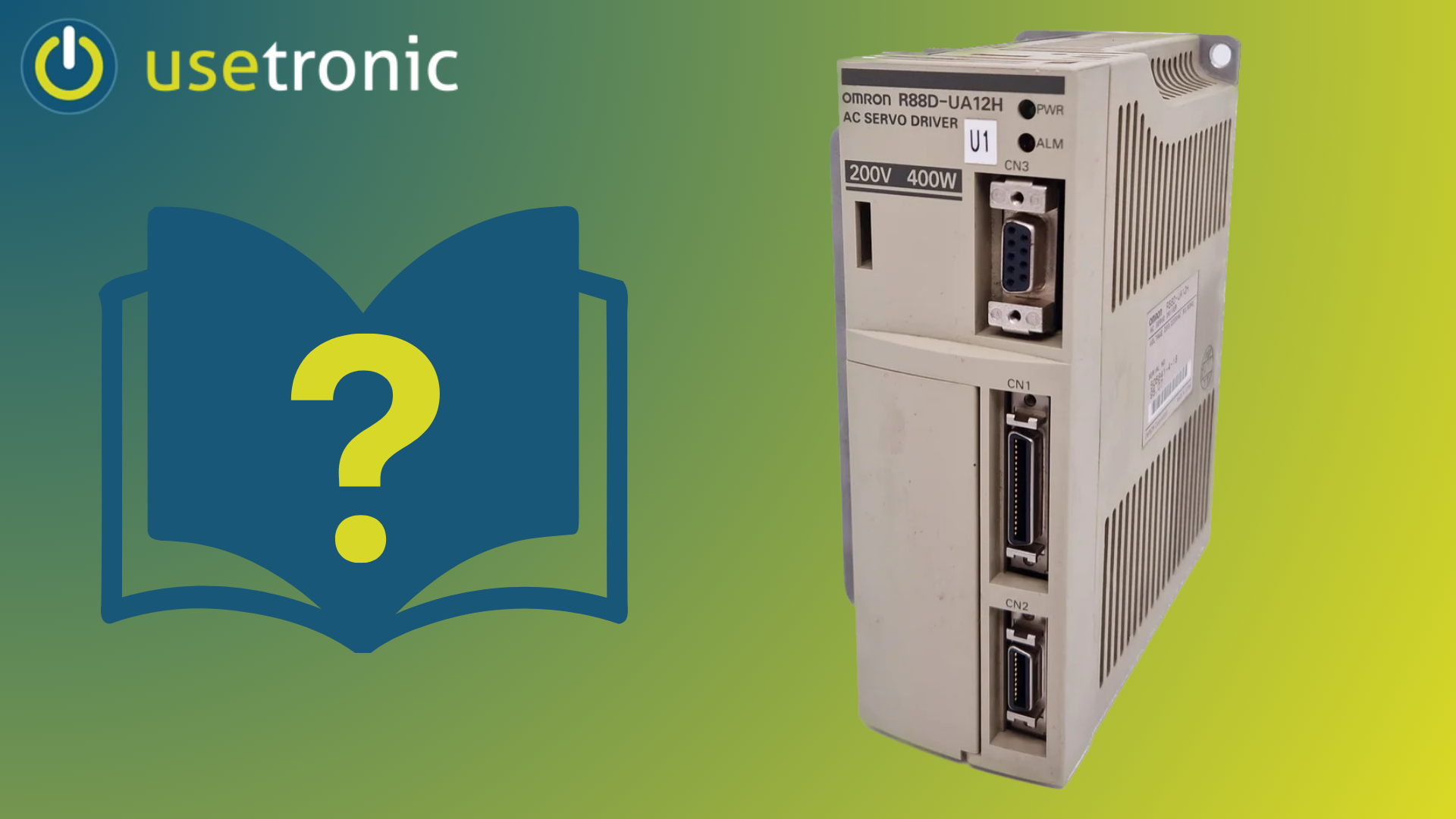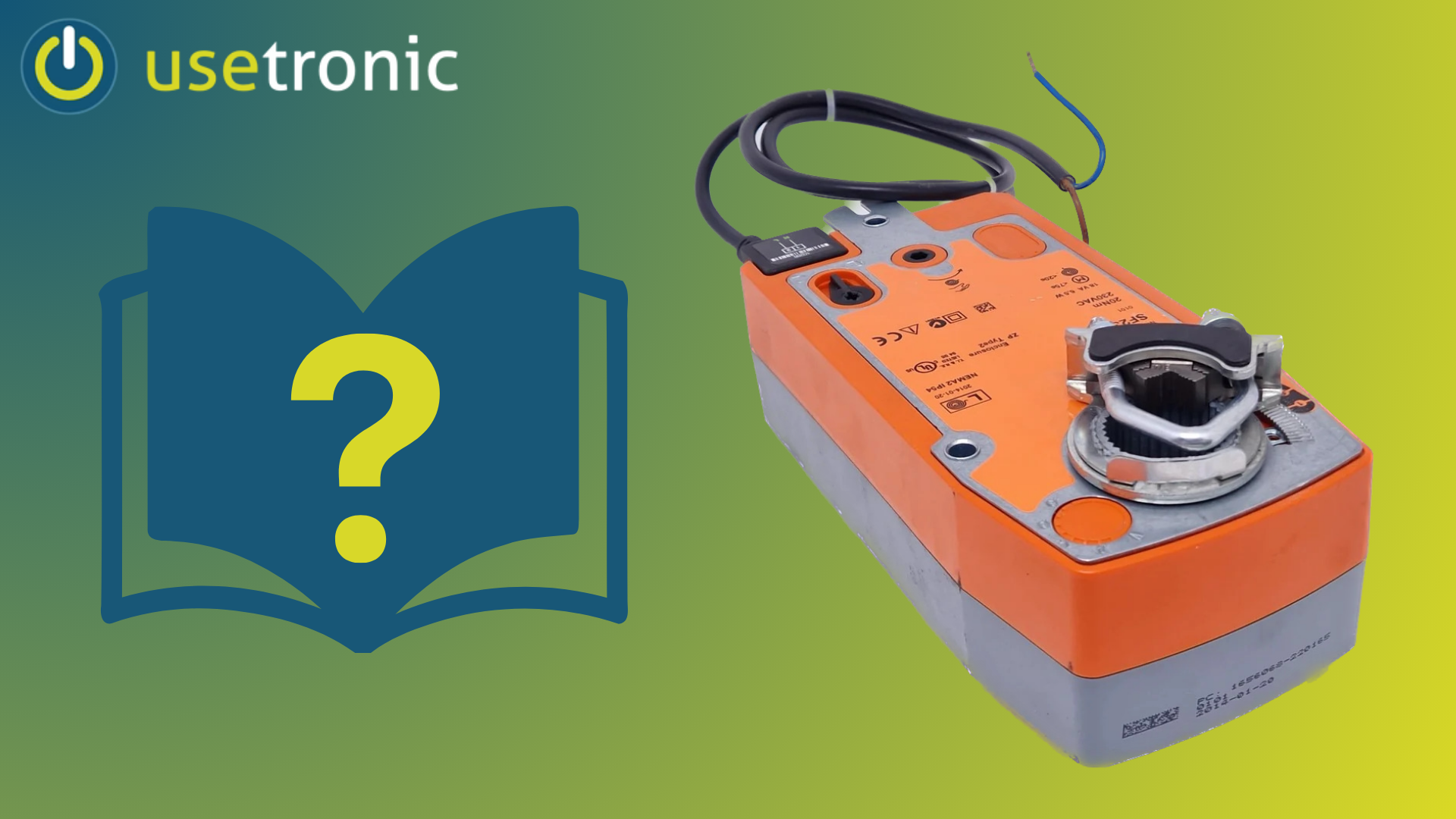What is a Relay? Simply Explained
A relay is an electromagnetically operated switch that allows a circuit to be controlled by an electrical signal. This means that a small control current can switch a much larger load current – without direct mechanical connection between the control and load circuits.
🔧 How Does a Relay Work?
A relay consists of a coil, an iron core, a movable armature, and a contact. As soon as current flows through the coil, a magnetic field is generated that pulls the armature. This closes (or opens) the contact and switches the load circuit.
Relays can act as:
- Normally Closed (NC): interrupts the circuit when activated
- Normally Open (NO): closes the circuit when activated
- Changeover: combines NC and NO functionality
⚙️ Where Are Relays Used?
- Automation: controlling machines & actuators
- Building technology: light control, timers
- Vehicles: wipers, blinkers, central locking
- Safety circuits: emergency stop circuits, coupling relays
- Electronics: galvanic isolation for sensitive circuits
✅ Advantages of Relays
- ✅ Galvanic isolation: control and load circuits are electrically separated
- ✅ Cost-effective: simple switching function with low investment
- ✅ Reliable: proven in industrial and electrical applications
- ✅ Flexible: available in many variants (e.g. timer, solid-state relays)
⚠️ Disadvantages & Limitations
- ❌ Mechanical wear: limited lifespan due to moving parts
- ❌ Slower than semiconductors: switching time in ms range
- ❌ Contact bounce: may require additional filtering
📊 Comparison: Relay vs. Solid-State Relay (SSR)
| Characteristic | Mechanical Relay | Solid-State Relay (SSR) |
|---|---|---|
| Switching speed | Slower (ms) | Very fast (µs) |
| Lifespan | Limited (mechanical) | Very high (no wear) |
| Cost | Low | Higher |
| Application | Universal, robust | High-frequency, precise control |
🧠 Conclusion: When Is a Relay Useful?
Relays are the classic solution for switching large loads using small signals. They are robust, cost-effective, and versatile. For high-speed switching or contactless operation, solid-state relays are the better alternative.
❓ Frequently Asked Questions (FAQ)
▶️ What exactly does a relay do?
A relay uses an electromagnetic mechanism to switch a circuit based on a control signal.
▶️ What is the difference between a relay and a contactor?
Contactors are designed for higher current and more frequent switching – technically similar but more robust.
▶️ When should a solid-state relay be used?
If high switching frequency, long lifespan, or contactless switching is required – e.g. in electronics manufacturing.




